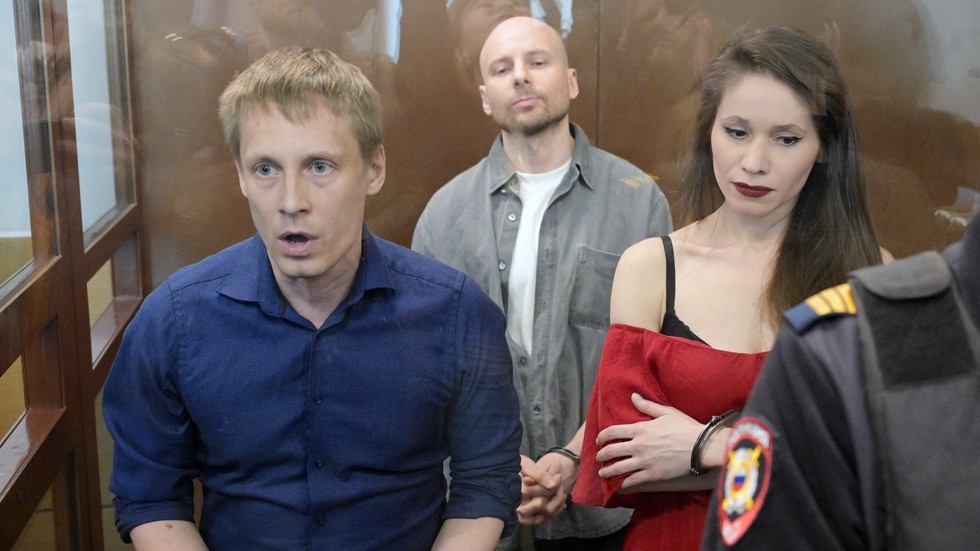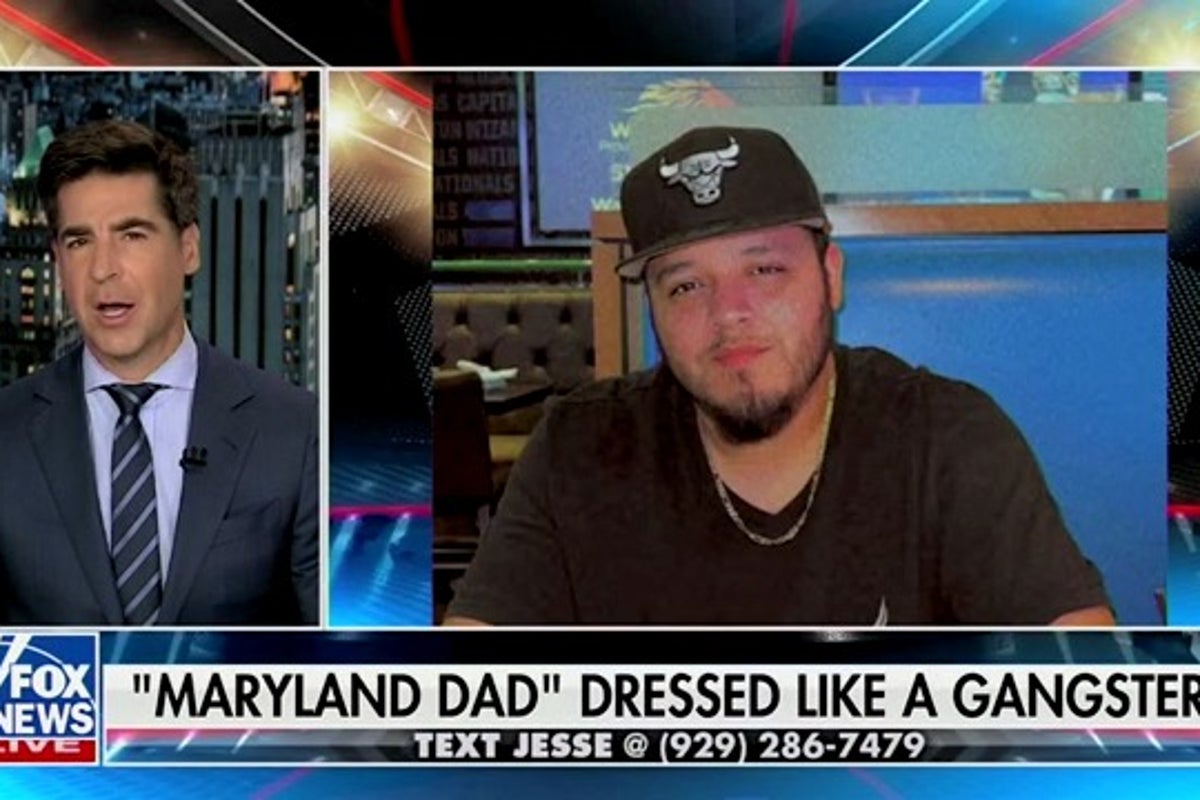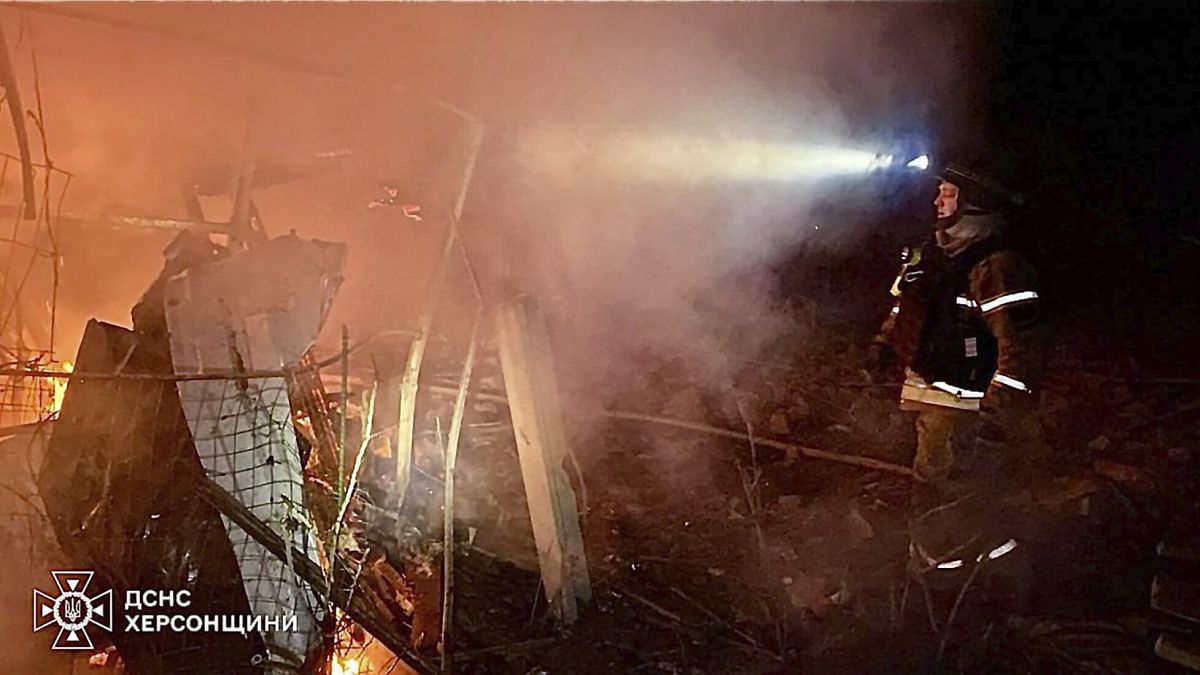As the Trump administration cracked down for months on what president said was unchecked antisemitism and leftist ideology on campuses, even the nation’s most prestigious and wealthy universities seemed to be on their back foot.
In March, Columbia agreed to a sweeping, unprecedented set of demands: creating a new campus police force to remove student protesters; putting a Middle East studies department under outside control to win back potential access to $400 million in imperiled federal funds, the same month its second president in the span of 12 months stepped down.
At least 60 universities were warned they could soon be the next to potentially lose hundreds of millions or even billions in federal funding if they didn’t fall in line with the president’s vision of campus civil rights, which has categorized all of those who engaged in campus pro-Palestine protests, which included scores of Jewish student leaders, as antisemitic Hamas sympathizers.
By late March, the administration was making its boldest push yet, threatening to cut off some $9 billion in federal funding to Harvard.
To maintain the funding, the administration warned, the university needed to agree to demands like ending diversity programs, cooperating with federal immigration officials, screening international students for their views, de-recognizing pro-Palestine student groups, and subjecting itself to a wide-ranging “viewpoint diversity” audit.
Then, in the last few days, Harvard, the nation’s oldest and richest university, began to push back more forcefully than any of the other five Ivy League schools that have faced administration funding threats.
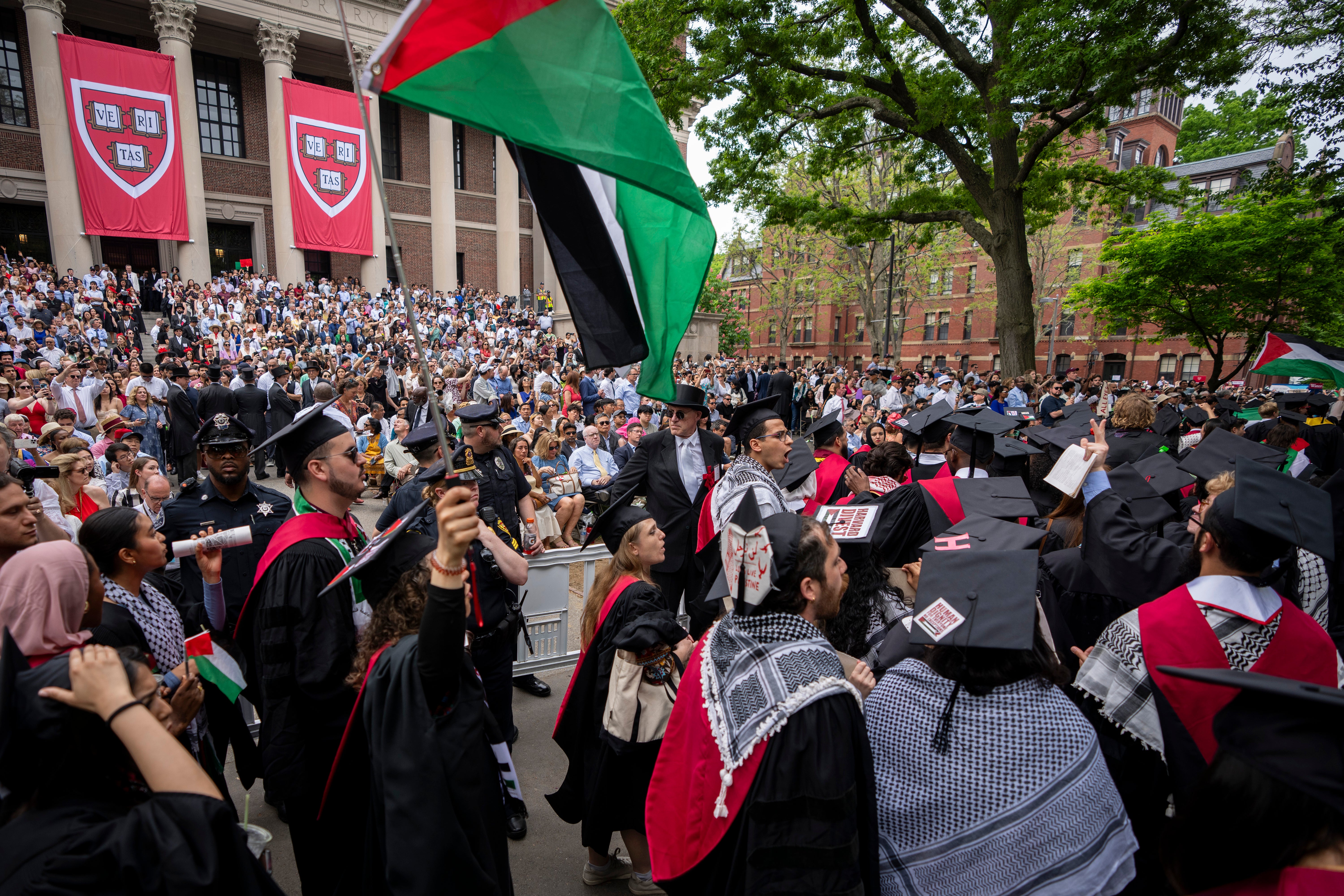
It began on Friday, when a group Harvard faculty sued the administration over the demands, alleging that Trump was simultaneously “exploiting” and ignoring provisions like the Administrative Procedure Act and Title VI of the Civil Rights Act, which forbids discrimination at federally funded institutions.
The suit alleged that the administration had failed to follow steps laid out in federal statute that come before a university can be defunded under the civil rights law.
“Threats like these are an existential ‘gun to the head’ for a university,” the complaint reads. “They overtly seek to impose on Harvard University political views and policy preferences advanced by the Trump administration and commit the University to punishing disfavored speech.”
Over the weekend, hundreds joined protests near campus against the Trump demands.
Then, on Monday, the university issued its starkest response yet to Trump, with messages from the university’s lawyers and Harvard president Alan Garber that the school wouldn’t agree to the demands.
“No government — regardless of which party is in power — should dictate what private universities can teach, whom they can admit and hire, and which areas of study and inquiry they can pursue,” Garber wrote.
Attorneys for the university argued in a letter on Monday to Trump administration officials that the White House had ignored the university’s work to combat antisemitism and “instead presents demands that, in contravention of the First Amendment, invade university freedoms long recognized by the Supreme Court.”
“The university will not surrender its independence or relinquish its constitutional rights,” the lawyers added.
Hours later the Trump administration announced it had frozen billions if dollars in federal funding.
The federal Joint Task Force to Combat Anti-Semitism, which is made up of several federal agencies, including the Justice Department and Education Department, announced a “freeze on $2.2 billion in multi-year grants and $60 million in multi-year contract value to Harvard University."
The task force did not specify what programs the grants were related to.
The clash will now likely head to the courts.
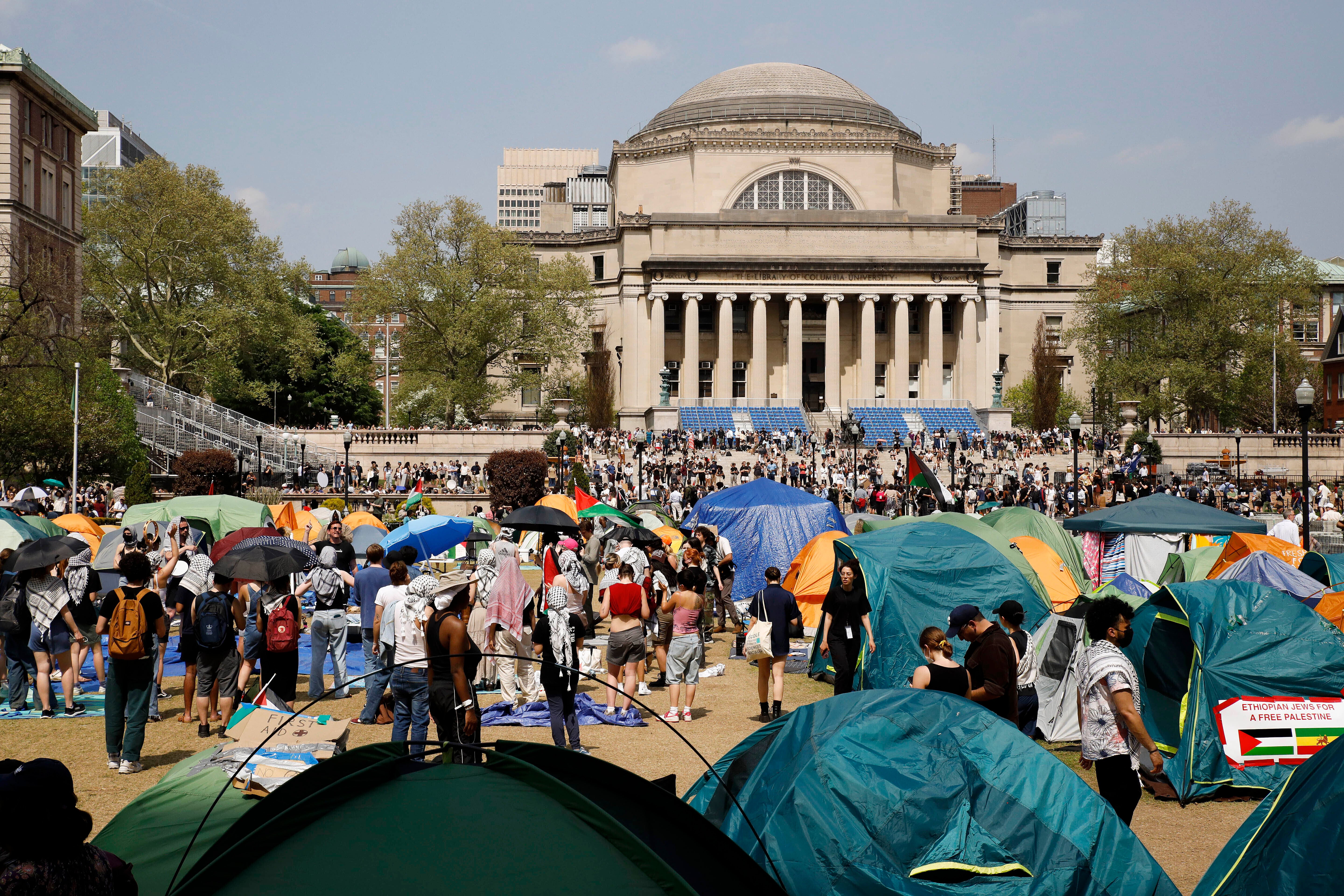
Other Ivies facing funding cuts have also suggested they might fight back, like Princeton, whose federally funded work with the Department of Energy, NASA and the Defense Department was suspended at the beginning of April.
"Princeton University will comply with the law," Princeton President Chris Eisgruber said in a statement at the time. "We are committed to fighting antisemitism and all forms of discrimination, and we will cooperate with the government in combating antisemitism. Princeton will also vigorously defend academic freedom and the due process rights of this University."
But writing in The Atlantic last month, Eisgruber warned that the country was entering “the greatest threat to American universities since the Red Scare of the 1950s.”
University campuses have emerged as perhaps the key battleground over the Trump administration’s signature policy priorities.
The attempted deportations of non-citizen campus pro-Palestine activists has prompted lawsuits and protests, as have the administration’s attempts via the DOGE push to slash federal spending by cutting federally funded academic research through the National Institutes of Health.
Donald Trump reportedly decided at the beginning of this month to make a specific example of Harvard as part of his larger agenda.
“What if we never pay them?” reportedly Trump said after a lunch in the White House on April 1, a source familiar with the conversation told The New York Times. “Wouldn’t that be cool?”
“We’re not looking to just file lawsuits — we want to compel a cultural change in how Jewish Americans are treated on college campuses,” Attorney General Pam Bondi, a member of the administration’s task force on combatting antisemitism, told the paper.
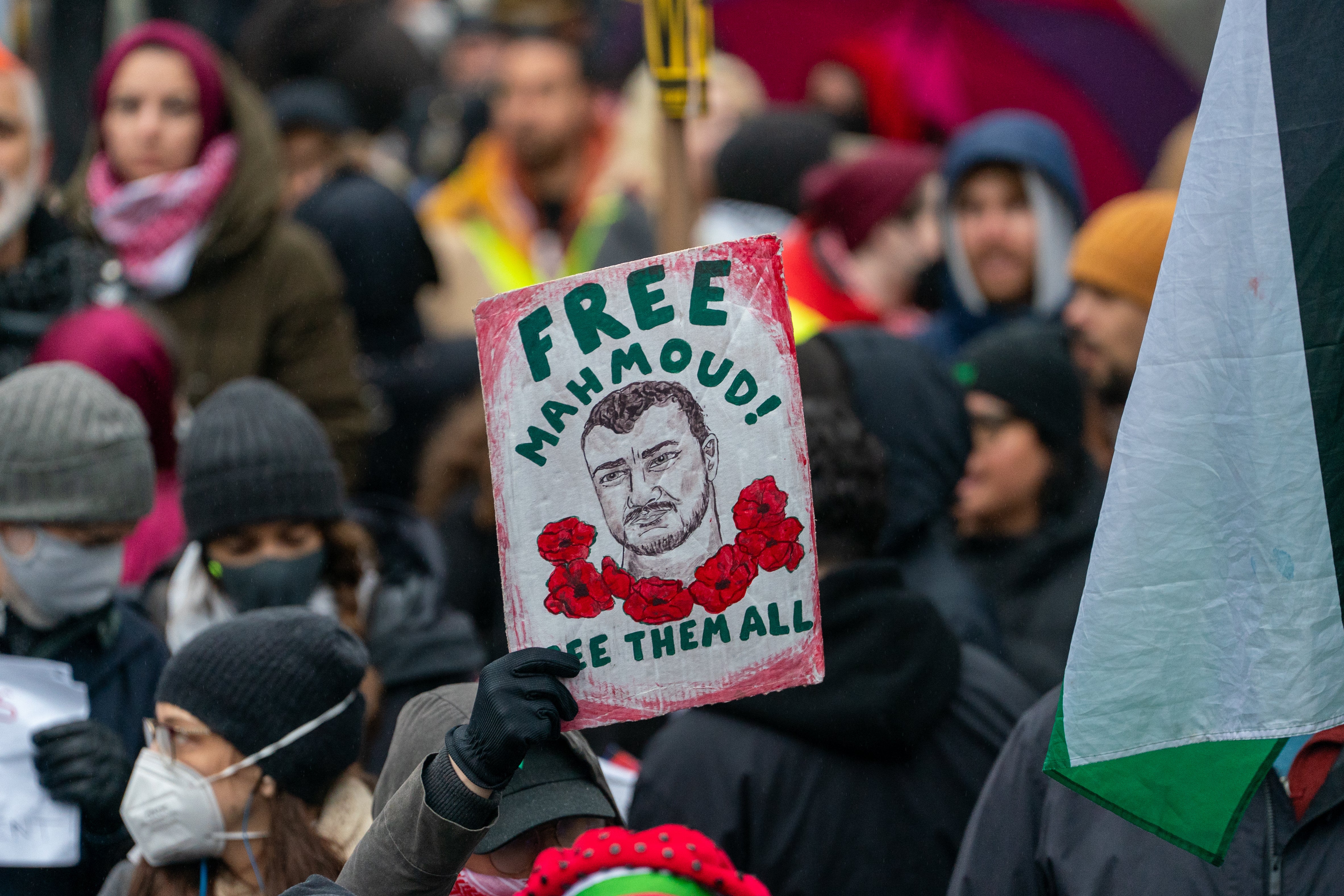
The members of the task force have largely been undisclosed to the public, and some of the universities who have been targeted for lost funding said they found out about the potential cuts through news reports or didn’t know exactly why they were being targeted.
With scores more more colleges and universities under investigation, the conflict only looks set to continue.
Universities aren’t the only civil society entities facing Faustian choices from the administration.
President Trump has threatened law firms that represented political opponents with losing their security clearances and access to federal buildings and government contractors as clients.
In response, scores of top firms have reached agreements with the administration to avoid sanction, offering hundreds of millions of dollars of pro bono legal work to support the administration’s favored causes.
Others have chosen to challenge the administration, including the firm Susman Godfrey, which sued Trump on Friday, becoming at least the fourth firm targeted by the White House to file a lawsuit.

 1 day ago
5
1 day ago
5

